“Outside another yellow moon
Has punched a hole in the nighttime, yes
I climb through the window and down to the street
I’m shining like a new dime” – Downtown Train (Tom Waits) © Audiam, Inc

Thomas Alan Waits was born December 7, 1949, in Pomona, California. He has one older sister and one younger sister. Tom’s mother was a housewife and attended church regularly; his father taught Spanish at a local school and was an alcoholic. He spent his early life in Whittier, California, where he learned to play bugle and guitar. His father taught him to play the ukulele.
During summer school breaks young Tom would spend time with his maternal grandparents in Northern California. Later he would credit his uncle’s raspy, gravelly voice for inspiring what has become his trademark singing style.
When Tom was 10 years old, his parents separated with his father moving away from the family; his mother soon moved with the children to Chula Vista, a suburb of San Diego. It was here that Tom began exploring music to a greater degree. Before long he was fronting bands, imitating the soul and R&B artists of the day, while also showing interest in country music and roots rock ‘n’ roll. Later Bob Dylan would become a big influence with Tom studying the folk icon’s lyrics by writing them on his bedroom wall.
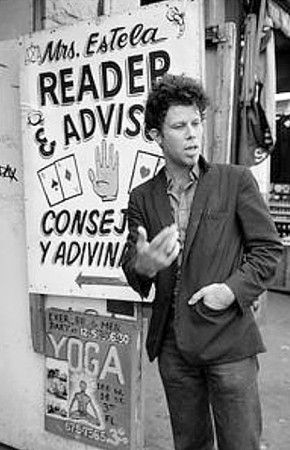
During his high school years, Tom would later describe himself as “kind of an amateur juvenile delinquent”, dabbling in “malicious mischief”. He claims he was a “rebel against the rebels”, as he could not subscribe to the philosophies of the hippie subculture that was emerging across the country. Having acquired instead an affinity for the writings of Jack Kerouac, Allen Ginsberg, and William S. Burroughs, he felt a much stronger kinship to the Beat generation of the 1950s.
At the age of 18 Tom dropped out of high school.
“The downtown trains are full
Full of all those Brooklyn girls
They try so hard to break out of their little worlds” – Downtown Train (Tom Waits)
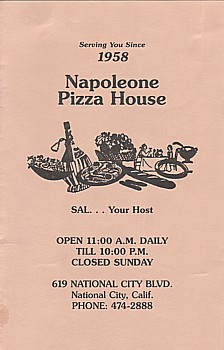
Waits worked for a time at Napoleone’s pizza restaurant in National City, California; a job that he referenced in his song, “I
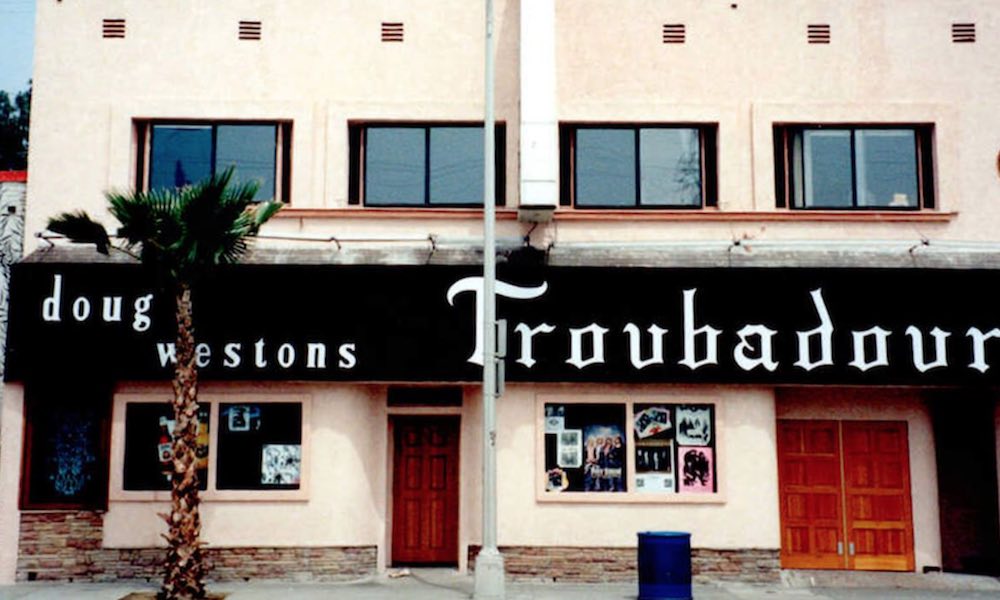
It was while playing at the Troubadour that Tom first signed a publishing deal, and later, met David Geffen, who gave Tom a contract with his Asylum Records label.
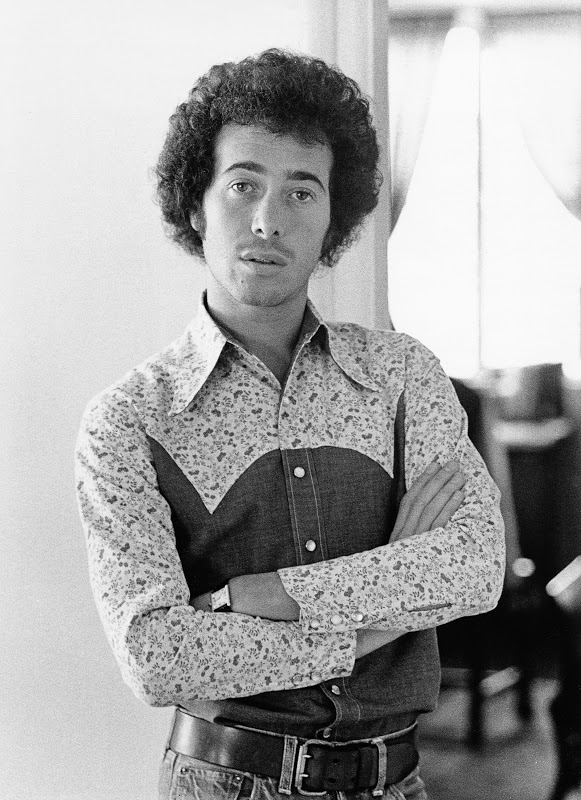
David Geffen © Joel Bernstein 
Asylum Records
“Well, you wave your hand and they scatter like crows
They have nothing that will ever capture your heart
They’re just thorns without the rose
Be careful of them in the dark” – Downtown Train (Tom Waits)
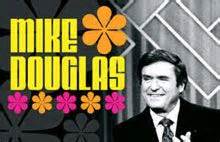
The first time I saw Tom Waits perform, or ever even heard of him for that matter, was on The Mike Douglas Show. Mike Douglas was a former singer who had sung for the Kay Kyser big band during the swing era and was also the singing voice of Prince Charming in Walt Disney’s Cinderella. He went on to host his own syndicated afternoon variety show. At its peak, The Mike Douglas Show was broadcast in 171 markets, with an estimated six million viewers.
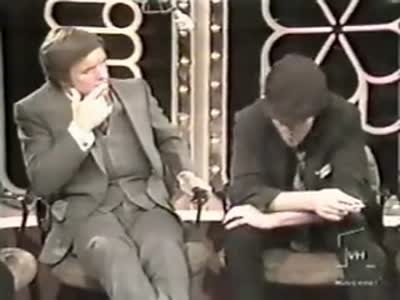
Waits appeared on Douglas’ show on November 19, 1976. His appearance was to promote his album, Small Change, which had been released several months earlier. After being introduced by the host, Waits played “Eggs & Sausage” from his previous album, Night Hawks at the Diner, accompanied by a small combo. He then took a seat next to Douglas, with additional guests Glenda Jackson and Marvin Hamlisch looking on.
After telling his guest that he “project(s) a very strange image”, Douglas asks Waits how he would describe himself. Among other things Waits offers, “I’m an unemployed service station attendant most of the time. I’m just lucky. I’m a living, breathing example of success without college is what it boils down to.” Further along in the interview, Douglas asks Waits whether he likes to be classified as a poet or singer, to which he replies, “I’m a Methodist deep down inside. It’s hard to say”.
Later in the show, Waits performs the title track from Small Change accompanied by a saxophone. If you’ve never heard this “song” I suggest you look it up. It will help you understand how jarring this performance was to my early teen Top 40 pop sensibilities.
“I know your window and I know it’s late
I know your stairs and your doorway
I walk down your street and past your gate
I stand by the light at the four-way” – Downtown Train (Tom Waits)
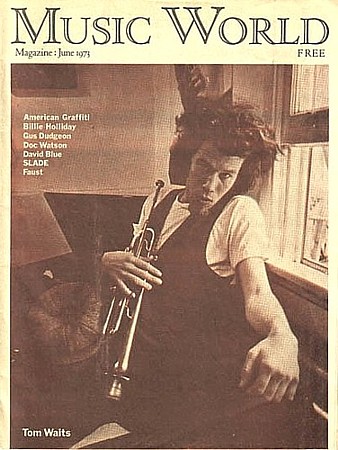
To say that Tom Waits’ voice and music are an acquired taste is probably somewhat of an understatement. Many people will never get that far. It wasn’t until more than a decade after
Although Waits rarely gives interviews, when he does sit with a writer it’s typically questionable whether you’re getting the man or his carefully crafted shtick. Because I admire Tom Waits’ songwriting ability, I’ve always been curious how he feels about other artists recording his compositions. It’s easy to say that many of Tom’s songs would be improved when rendered by a friendlier voice, although that may seem blasphemous to Waits purists.
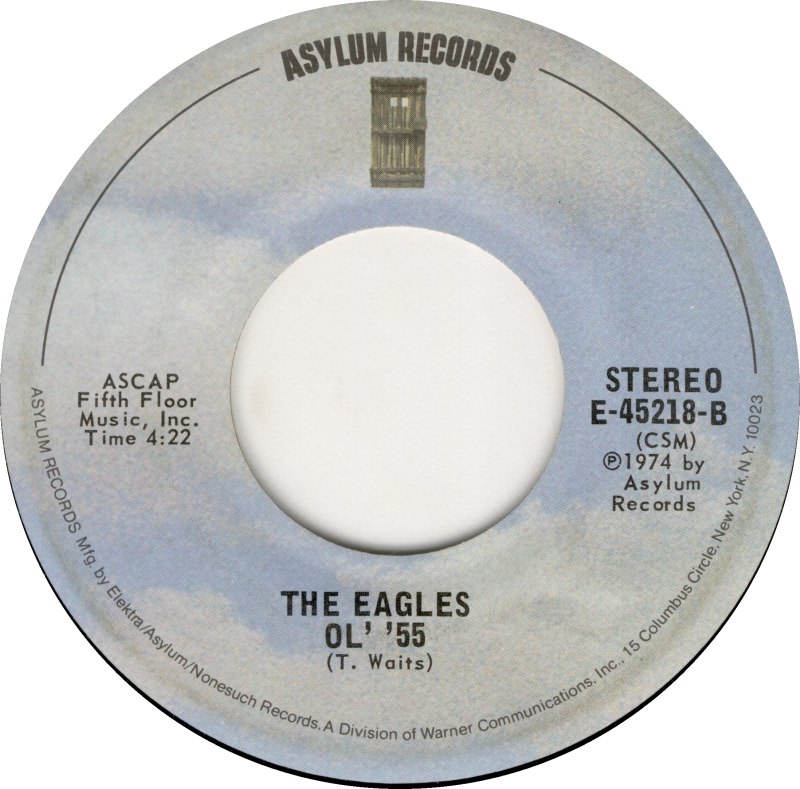
Surely the exposure that he has received from having his songs recorded by others has not hurt his career any. Using as an example “Ol’ ’55”, the first track from his debut album Closing Time, which was subsequently recorded by The Eagles: Waits version of his song was released as a single, but neither the song, nor the album charted; while The Eagles album On the Border, which contained their version of Waits’ song, reached #17 on the Billboard 200 chart, and was certified double platinum, with sales of 2 million units.
When asked about The Eagles recording of “Ol’ ’55” Waits commented that he was “not that particularly crazy about (their) rendition of it … I thought their version was a little antiseptic”.
Later he would remark, “I don’t like the Eagles. They’re about as exciting as watching paint dry. Their albums are good for keeping the dust off your turntable and that’s about all.”
Tom is certainly entitled to his opinion, but there is no doubt that other artists – respected by him, or otherwise – have generated a significant amount of income for the prolific songwriter.
“You watch them as they fall
Oh,
They stay at the carnival
But they’ll never win you back” – Downtown Train (Tom Waits)
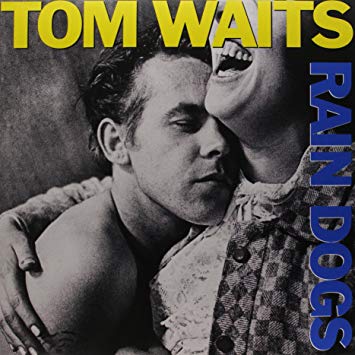
“Downtown Train” is a song from Waits’ 1985 album release Rain Dogs. The album was written and recorded while he was making his home in NYC, and there is no denying the New York grittiness inherent in each of the
“Will I see you tonight
On a downtown train?
Every night it’s just the same
You leave me lonely, now” – Downtown Train (Tom Waits)
“Downtown Train” soon drew the attention of other artists. Patty Smyth was the first to record the song, releasing her version in 1987. While Tom Waits had never had one of his own recordings
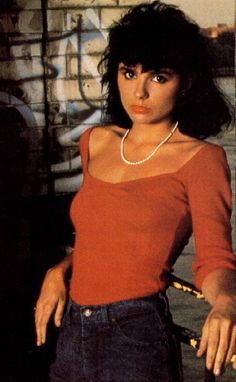
Patty Smyth 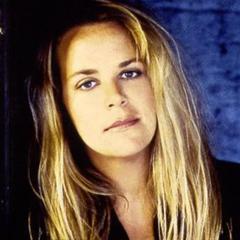
Mary Chapin Carpenter
Rod Stewart included the song as a last-minute addition to his Storyteller anthology, a 4-disc boxed set with recordings spanning his entire career to that point. Stewart’s version of “Downtown Train” reached #3 on the Hot 100, with the anthology reaching #54 on the album charts, and being certified double platinum. It was a number-one single on the album rock and adult contemporary charts went to number one in Canada, and made the top ten on the UK Singles Chart in 1990. Stewart received a Grammy nomination for the song in the category Best Male Pop Vocal Performance.
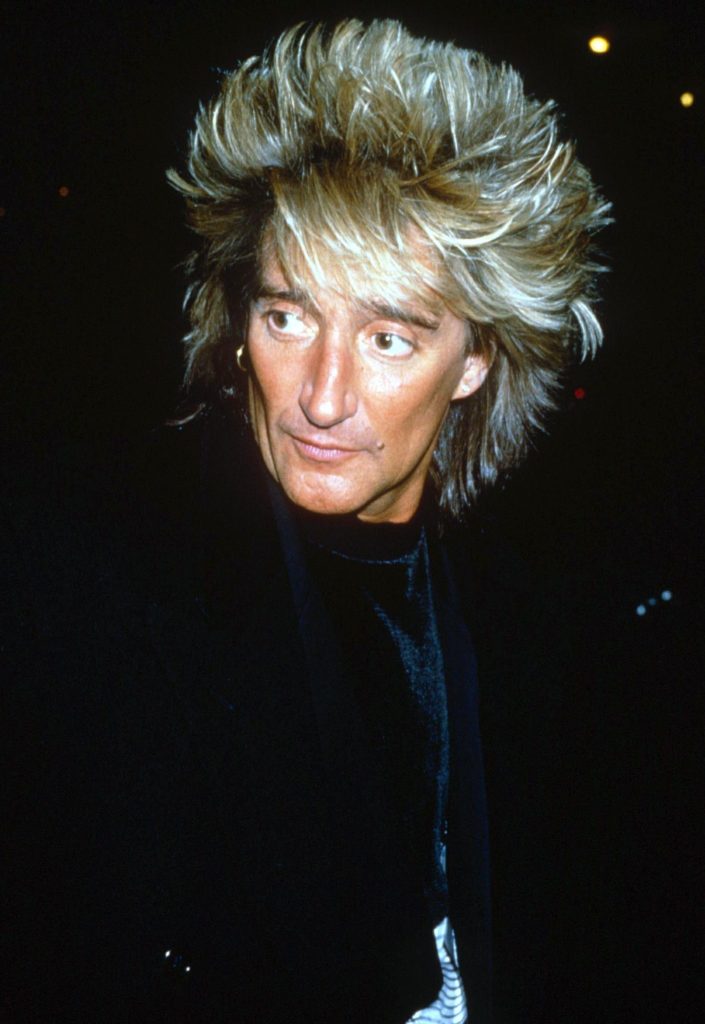
Rod Stewart 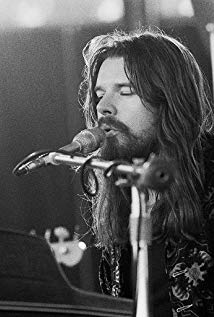
Bob Seger
Bob Seger recorded his own version of the song in 1989 but decided against releasing it after Stewart’s version hit the market. He would later include the track on his 2011 compilation Ultimate Hits: Rock and Roll Never Forgets.
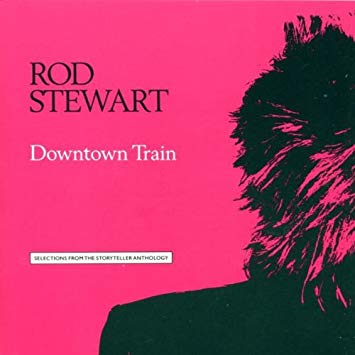
I know that some are not necessarily fond of Rod Stewart’s cover of “Downtown Train”. It’s been criticized for being too pop; too overblown. I happen to be a fan of Rod’s version, particularly for the over-the-top production from Trevor Horn. It satisfies my pop sweet tooth, with a nod to Phil Spector’s “wall of sound” in the bridge. Being a fan of Rod’s voice, I can identify with the longing he portrays in the final chorus, as strains of the instrumental “train” fade away down the track.
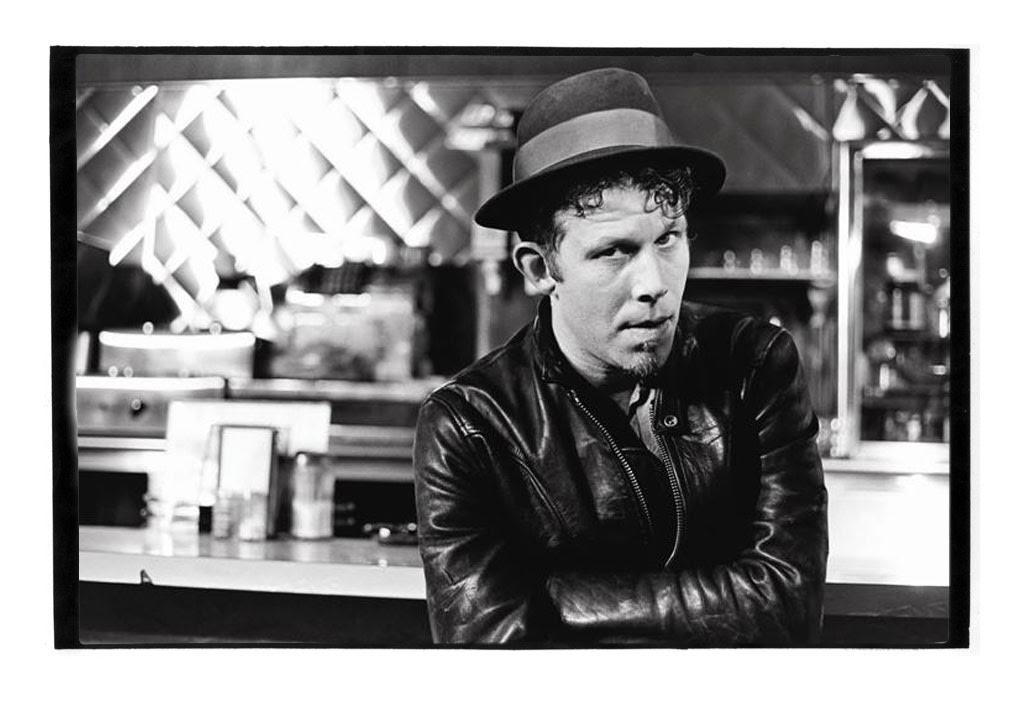
But don’t let it be said that I am not a fan of Tom’s version. Nobody does stripped-down, urban angst quite like Tom, playing the eccentric vagrant as no one can; and being a fan of film noir I love the imagery of the accompanying video (featuring a cameo from the Raging Bull himself, Jake LaMotta). The fact that other artists have covered the song with their own versions speaks to its ability to convey emotion, and being relatable to a wide and varied audience.
And there is no doubt that – good, bad, or indifferent – these various covers of Tom’s original songs have brought the songwriter a considerable amount of scratch!
“Will I see you tonight
On a downtown train?
All of my dreams just fall like rain
On a downtown train” – Downtown Train (Tom Waits) © Audiam, Inc
Coming May 25 @ A Train Song: I’ll Meet You at the Station
Sources:
https://en.wikipedia.org/wiki/Downtown_Train
https://www.songfacts.com/facts/rod-stewart/downtown-train
https://en.wikipedia.org/wiki/Tom_Waits
All photos sourced through internet searches, none belong to the author.
